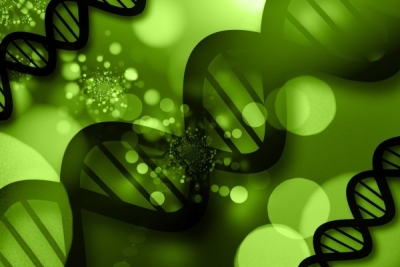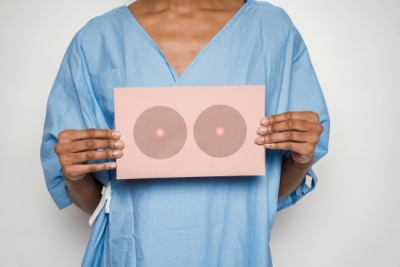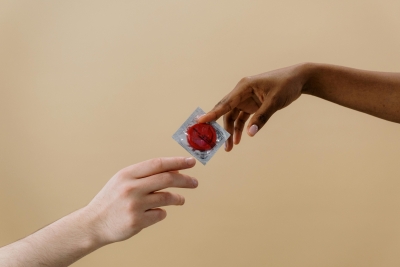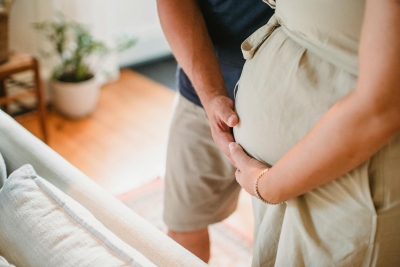Infertility is technically defined as the inability to become pregnant after twelve months of routine sexual intercourse without contraceptive methods (1). That is, if a couple tries to conceive for a year and fails, it is possible that they fit this definition. It is estimated that around 15% of couples worldwide have difficulty conceiving.
According to the World Health Organization, infertility can affect around 80 million women worldwide (2). However, female infertility accounts for only 35% of overall cases; 20% of cases are related to women and men together, 30% involve exclusively men and 15% of infertility cases remain unexplained (3).
There is evidence suggesting that alcohol consumption, especially heavy drinking and chronic consumption, is related to reduced female fertility and an increased risk of developing menstrual disorders (3). However, the mechanism by which this consumption negatively affects fertility has not yet been fully determined. One hypothesis suggests that there is a change in the concentrations of endogenous hormones (that is, produced by the body itself), bringing a direct impact on egg maturation, ovulation, and embryonic development (3). One study showed that drinking 14 drinks per week, compared to no alcohol intake, is associated with increased total estrogen concentrations, which could reduce FSH (follicle stimulating hormone) secretion - having a negative impact on folliculogenesis and ovulation (4). It is also crucial to emphasize that drinking alcohol during pregnancy can result in adverse effects on the developing fetus, such as Fetal Alcohol Syndrome.
Increased alcohol intake, at different stages of the menstrual cycle, can also impair fecundability (defined as the chance of becoming pregnant within one menstrual cycle). One study showed that heavy drinking (more than 6 drinks per week) of alcoholic beverages in the luteal and ovulatory phases is associated with reduced chances of conception, and moderate drinking (3-6 drinks per week) during the luteal phase (period from ovulation to menstruation) is also associated with a reduced chance of fertilization (5). That is, moderate to heavy consumption of alcoholic beverages during the luteal phase and heavy consumption of alcohol in the ovulatory window can disrupt the delicate sequence of female hormonal events, affecting the chances of a successful conception (5).
In addition to changes in hormone concentrations that can disrupt egg maturation, ovulation and embryonic development, toxic components present in alcohol, such as ethyl carbamates, can also impair female fertility (4). Thus, studies that assess factors that affect female fertility suggest that avoiding alcohol is important for fertility protection (6).
In conclusion, the results of these studies support that heavy alcohol consumption and Heavy Episodic Drinking are predictors of lower likelihood of conception, and suggest that even modest levels of alcohol consumption can decrease fertility if consumed during critical physiological intervals of the menstrual cycle. So, if you are thinking about getting pregnant, it's worth reflecting on your alcohol consumption for a healthy conception. Remembering that the WHO recommendation for women who are trying to get pregnant is the same as for those who are already pregnant, that is, the total interruption of alcohol consumption.











